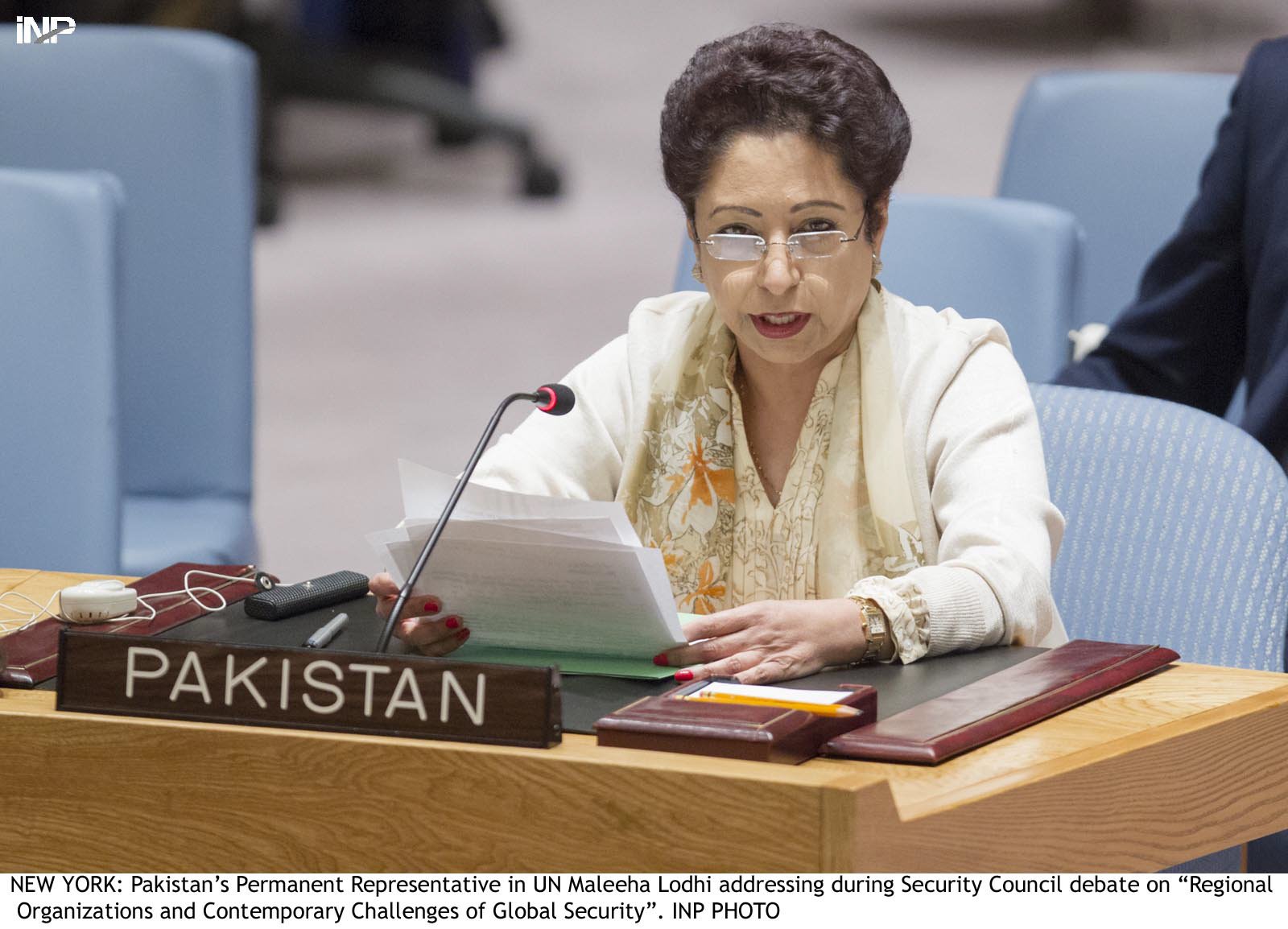
Pakistan has long opposed the expansion of the permanent members group; and now our permanent representative to the UN, Maleeha Lodhi, has spoken strongly in the Intergovernmental Negotiations on Security Council Reform. She questioned how adding new permanent seats to the body would enhance representation or effectiveness, pointing out that no “cogent answer” had ever been given to the question as to how that would make the Council any more representative. Doubtless she has in mind the possibility of India becoming a permanent member and joining the ‘Veto Club’ — a possibility that Pakistan would rightly view with concern given the number of unresolved issues that involve both countries. That the UN is in need of reform is not seriously questioned, and the Security Council is decades overdue for a comprehensive overhaul that will in all likelihood — but likely in the far future — include an expansion of the permanent members. Adding new members on an adhoc basis even allowing for the validity of some of the G4 claims is not the way forward. Dr Lodhi has rightly argued that the negotiating process must be member-state driven and should have the widest possible political acceptance — no easy task given the fractious nature of geopolitics. She may be relied on to represent our best interests on a tricky wicket.
Published in The Express Tribune, June 7th, 2016.
Like Opinion & Editorial on Facebook, follow @ETOpEd on Twitter to receive all updates on all our daily pieces.




1730464033-0/BeFunky-collage-(12)1730464033-0-165x106.webp)







COMMENTS (4)
Comments are moderated and generally will be posted if they are on-topic and not abusive.
For more information, please see our Comments FAQ